A new documentary charts the story of Dundee’s computer games industry from humble origins to smash hits like Lemmings and Grand Theft Auto.
Trusadh: Gaming – The Next Level airs on BBC ALBA and follows avid gamer MJ Deans as she goes on a journey to learn more about her favourite pastime.
MJ speaks to Brian Baglow to discover how Scotland turned the bedroom hobby of computer games into a global entertainment giant.
ZX Spectrum computers
Brian, director of the Scottish Games Network, tells the story of how the ZX Spectrum was brought to life by Dundee watchmakers in the city’s Timex factory from 1981.
He also tells MJ of the history of DMA Design – now known as Rockstar North – the developer of word-of-mouth success turned global phenomenon Grand Theft Auto.
“DMA Design started off with shoot ‘em ups, so they did Menace and Blood Money, got those published and they did pretty well, well enough to let them set up as a company.
“They started doing work-for-hire projects, so they did ports, which is where you take a game from one platform and take it onto the other.
“They did a lot of games for Psygnosis – the big publisher in Liverpool and then that gave them sufficient money to go out and develop their own ideas as well, their own original intellectual property.
“And so they came up with a game called Lemmings and that was one of the genuine, first, global, superstar smashes to come out of Scotland.
“I think it was 20 million copies sold to date across 25, 26 different platforms and devices. It hit almost everything back in the day and is still going on mobile to this very day.”
The origins of Lemmings – and indeed Dundee’s computer games industry – came out of the-then Kingsway Amateur Computer Club in Dundee where Russell Kay and other future workmates met as teenagers.
Following the establishment of DMA Design in 1987 by Dave Jones, who soon hired former classmates Mike Dailly, Steve Hammond and Russell, the potential for Lemmings was spotted one day following an argument about how small a character sprite could be and how many ways it could be killed.
Lemmings challenged players to guide as many suicidal-inclined tiny mammals as they could safely through a perilous landscape which offered numerous opportunities for sudden, gratuitous and instant death.
It’s estimated to have sold around 20 million copies.
The origins of Grand Theft Auto – and its original name
Brian was a writer, designer and PR manager at DMA Design from 1996 to 1999.
“I was a writer and my first project was in the design team and they gave me this weird driving game, they didn’t know if it was going to work,” he tells MJ.
“You played a policeman, zooming around the city trying to arrest bad guys – and it was called Race’n’Chase.
“It wasn’t very good. It really wasn’t fun because if you’re a policeman and you’re going through a park, knocking strollers and pushchairs out the way and running over old people, you kind of have to be penalised in some way.
“So after several months of arguments and team meetings, and a couple of fist fights, we changed it so you played the bad guy and changed the name to Grand Theft Auto.
“And that’s gone on to do okay!”
Why has it been so successful?
“All we can put it down to is word of mouth and people going: ‘Have you played this?’
“It was one of the first games where the more you put into it, the more you explored, the more you experimented, the more you got out of it.
“At the end of the day, the first game was just damn good fun.
“All the focus was on making you believe that the city around you reacted to your presence. It made you feel like you mattered.
“And it was really good fun – zooming around in different vehicles, stealing different vehicles and then blowing stuff up.
“It’s still a core tenet of video games to this day.”
So what about the future of the industry?
Brian said: “In 2008, Steve Jobs disrupted the games industry forever, and it wasn’t the launch of the iPhone, it was the launch of the App Store.
“All of a sudden you had this digital distribution platform where one or two guys in a back bedroom if the Hilltown in Dundee could compete with the Electronic Arts, Activision Blizzard and the giants of the world.
“And that has continued – there are games that are being used for education, games that are being used for healthcare.”
Brian said there is still a stigma that video games are digital toys and, therefore, not really a career, which ignores the fact that the games industry is one of the most valuable digital markets in the world.
He tells the documentary: “More and more of the work that’s being done in film and high-end television uses game engines – so you’ve got transferable skills.
“You could be working in the west coast of the US, in Hollywood, you can go and take the skills you learn in games and apply them in so many other places.
“I’ve been doing this for 30 years now and it’s still as much fun as it ever was.
“Working in video games is thrilling, is exciting, you can take it in so many different ways and you can absolutely make a proper career out of this.”
MJ also visits the University of Abertay, ranked the best place in Europe to study video games, to find out more about game design and 3D animation from lecturer Kayleigh Macleod.
Looking into the future of the industry, MJ chats to Dundonian developers Hyper Luminal Games to learn about the creative process that goes on in a studio.
Esports industry also in focus
Creative director Rob Madden speaks of creating “wholesome games” like their latest release – Pine Hearts – made in honour of Rob’s father, who died of cancer.
Of course there is more to video games than simply playing them, with hundreds working in the industry in writing, character animation and even playing games professionally.
The Esports industry – namely people who stream games on platforms like Twitch – also comes into sharp focus.
MJ hears from John “Johnnyboi i” MacDonald – a qualified structural engineer who has made a full-time career out of commentating on Rocket League games – and travelling the world with it.
Also on screen is father of four and keen gamer, Paul Duke, who reminisces about his first console and challenges his two eldest sons to try one of his old favourites, comparing it to games they play today.
Trusadh: Gaming – The Next Level airs on BBC ALBA on Monday October 24 at 9pm and will be available on BBC iPlayer for 30 days after.
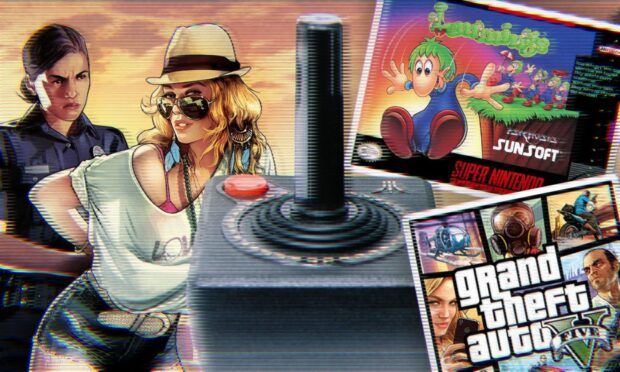
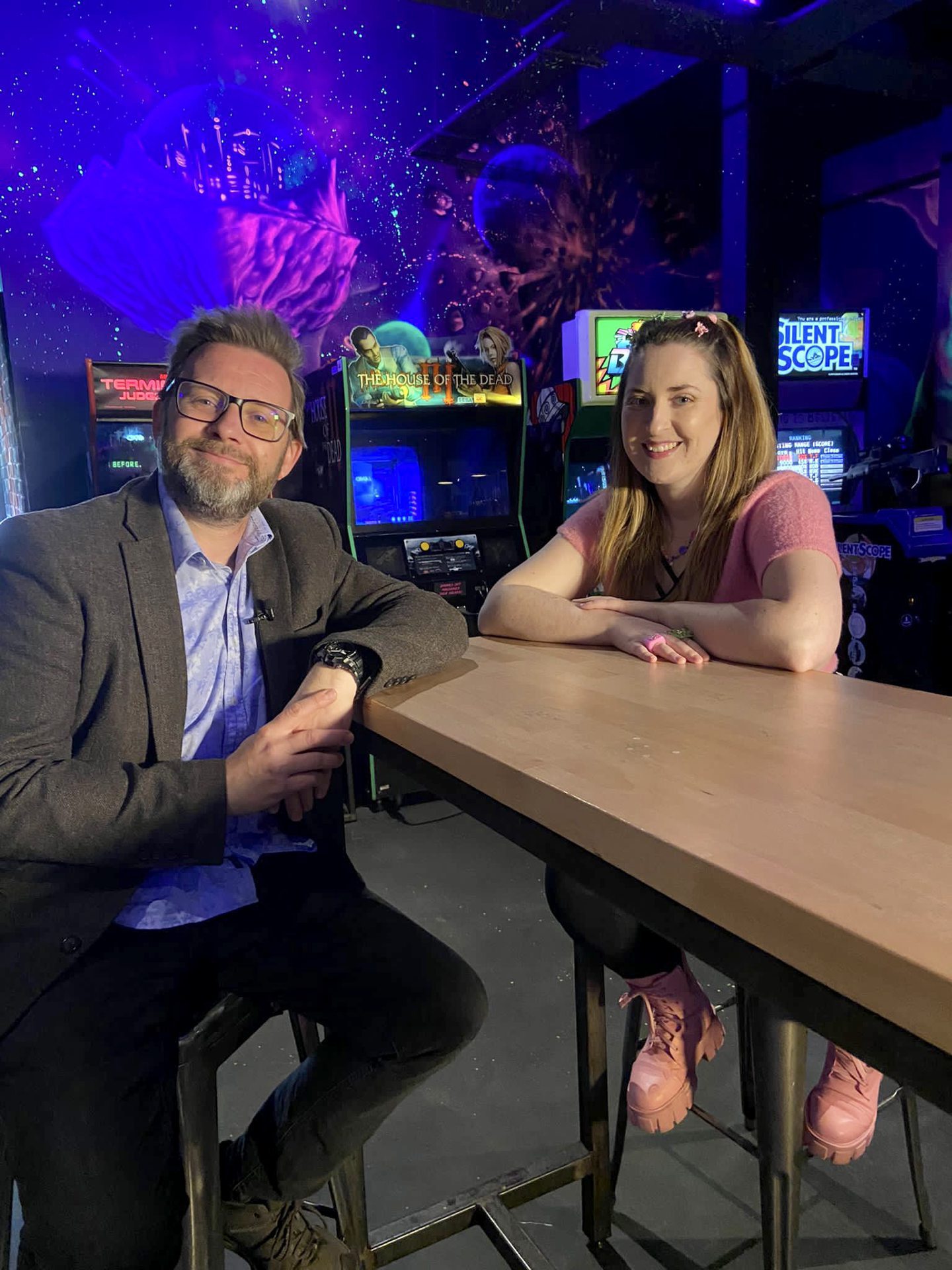
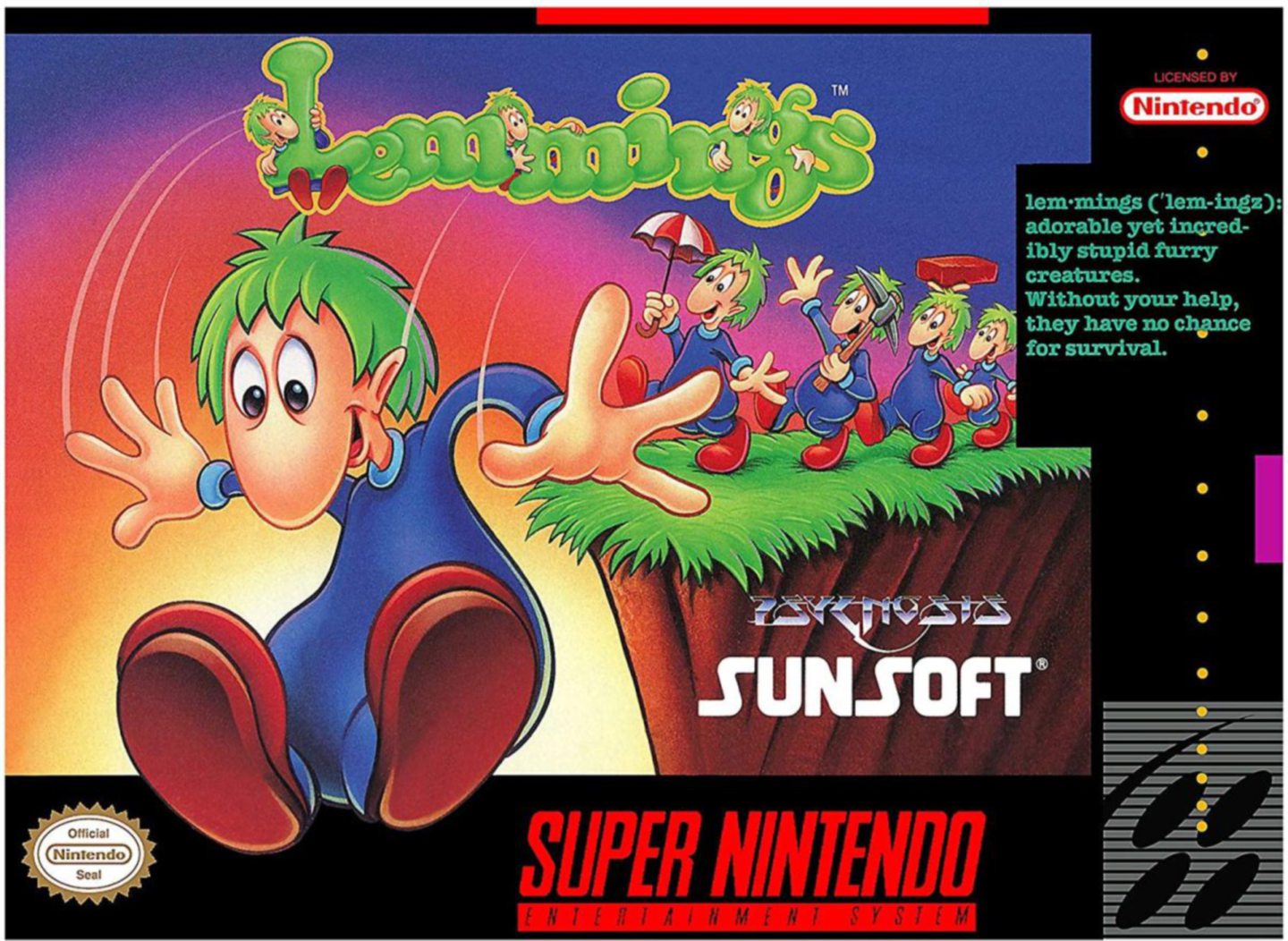
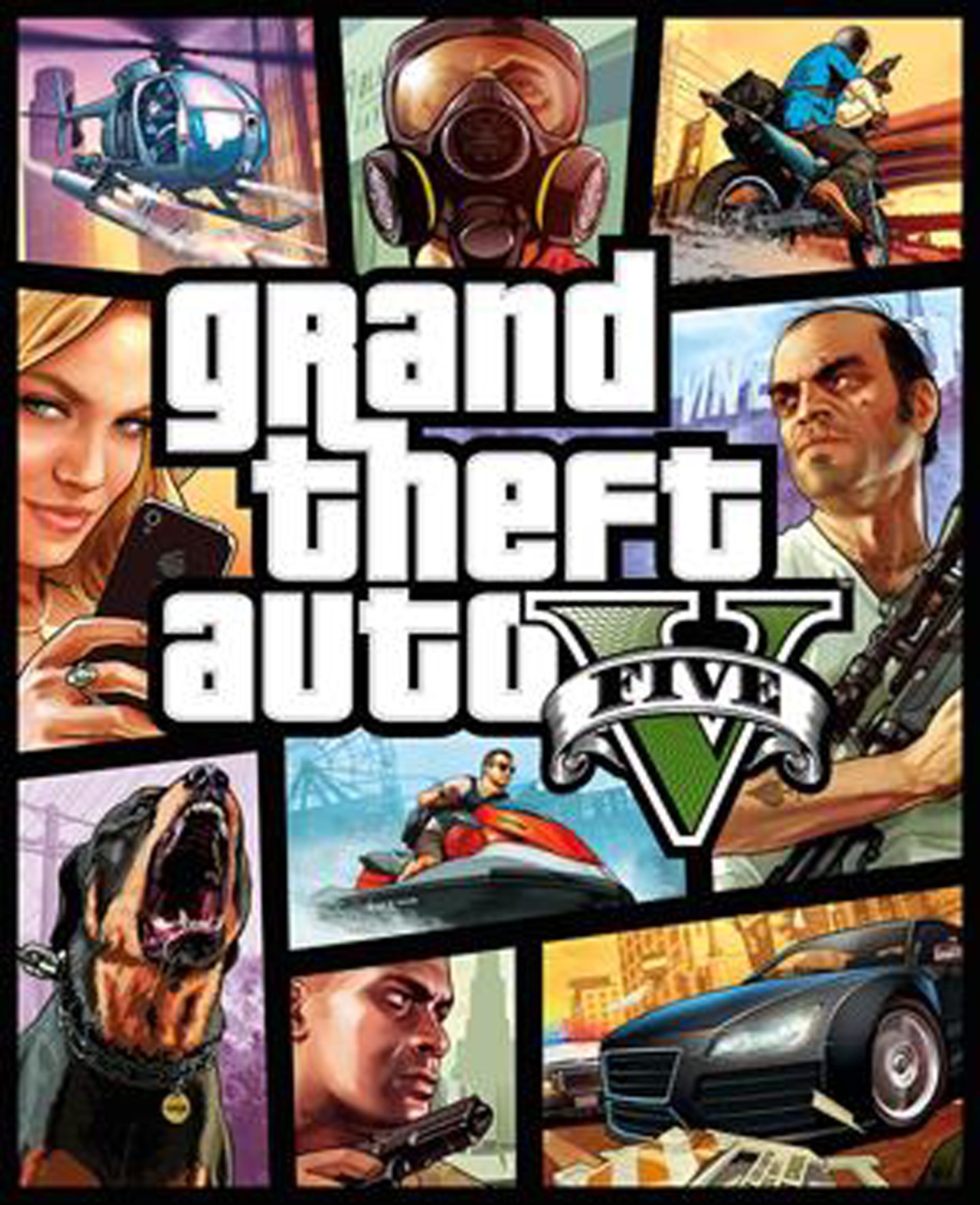
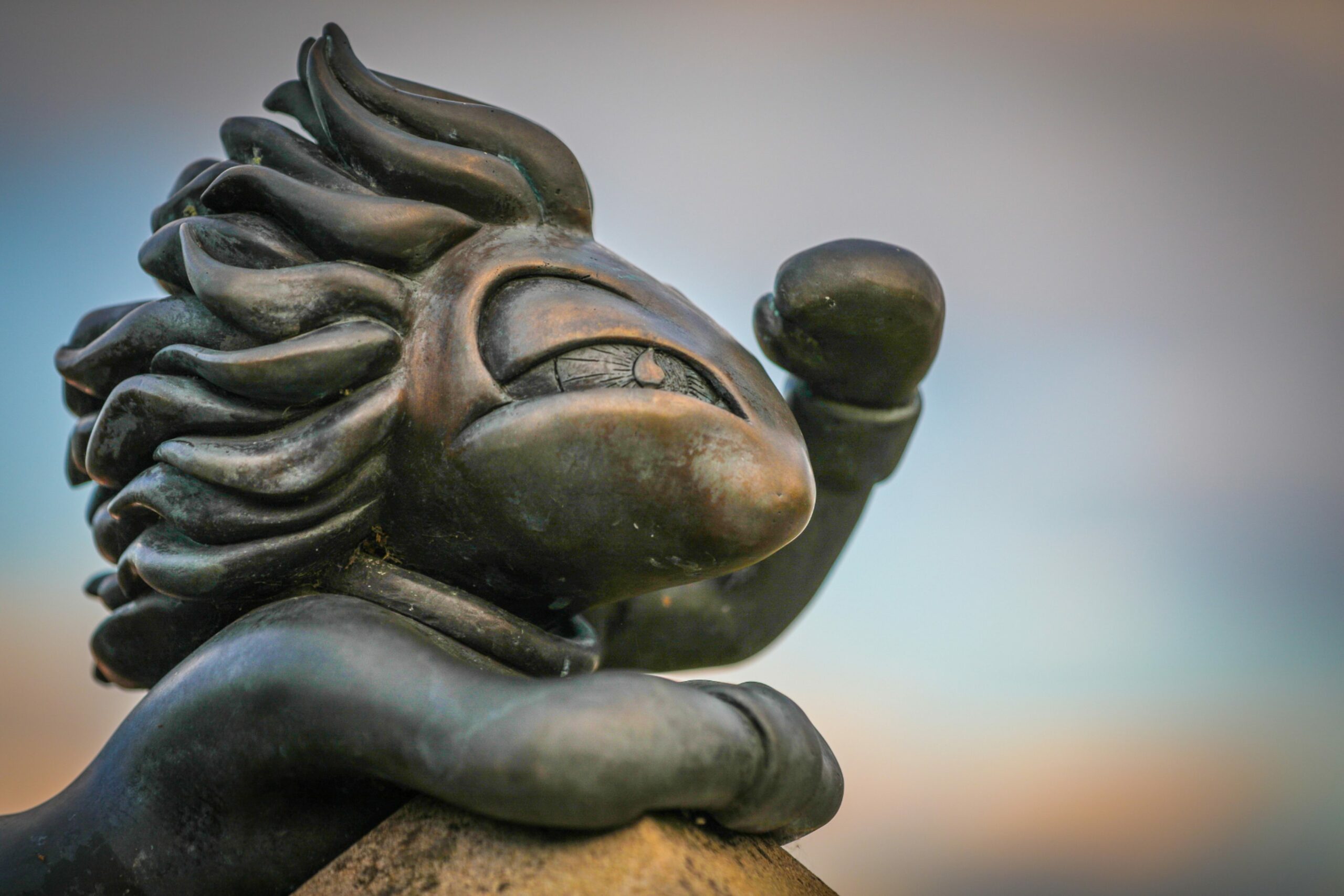
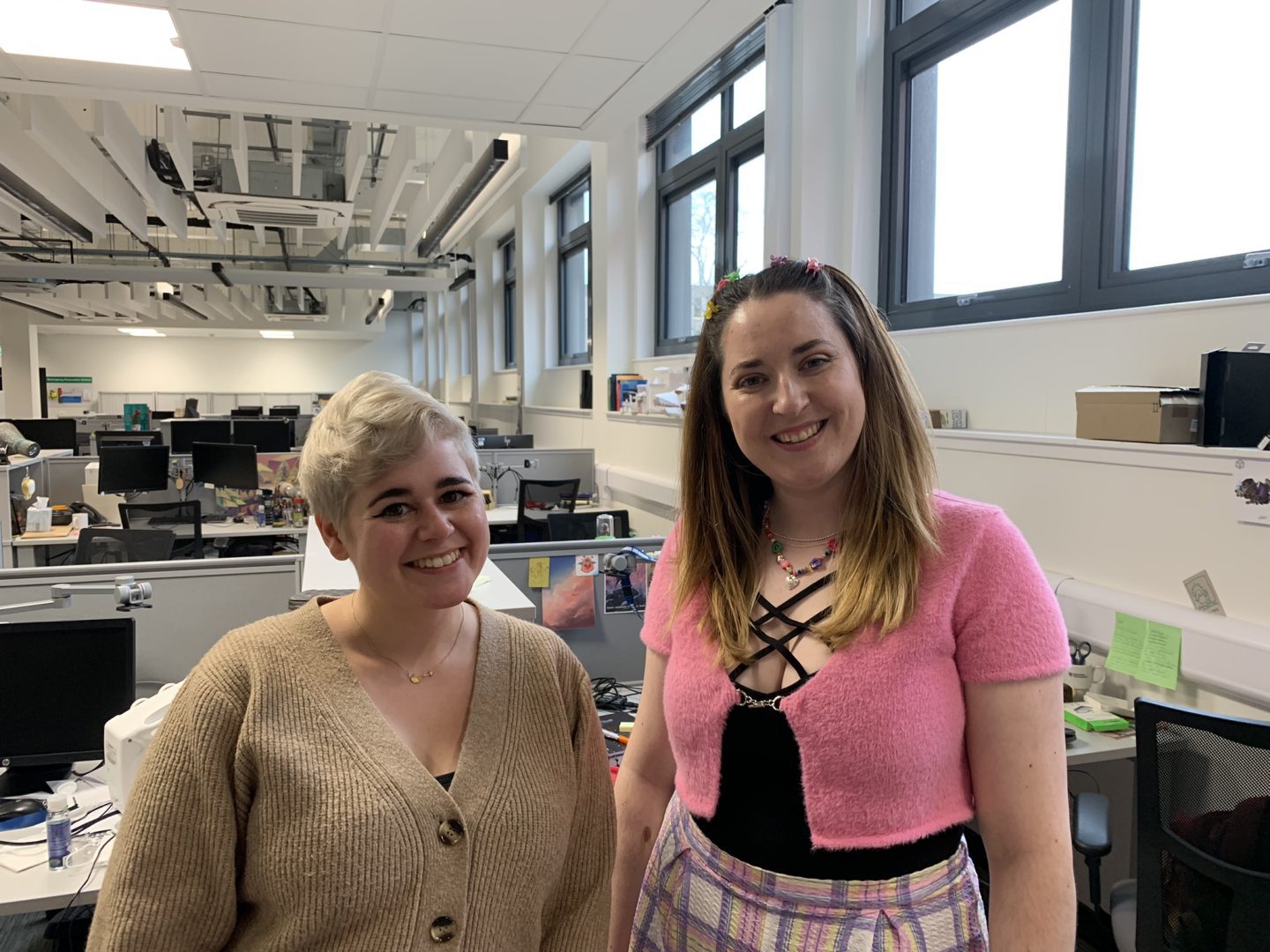
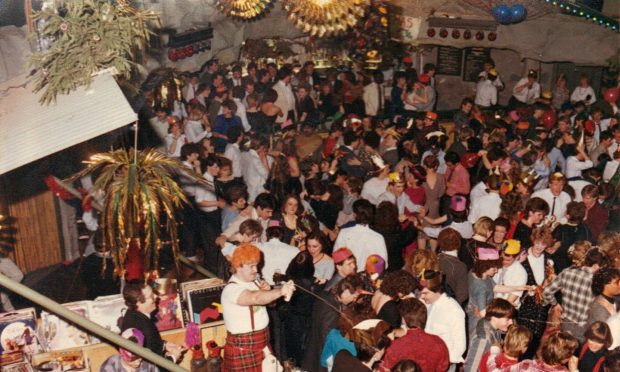
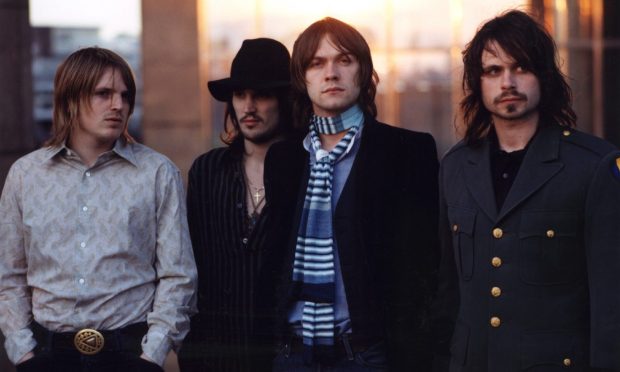
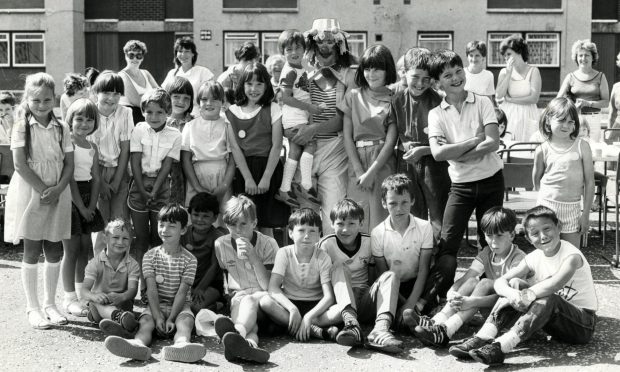
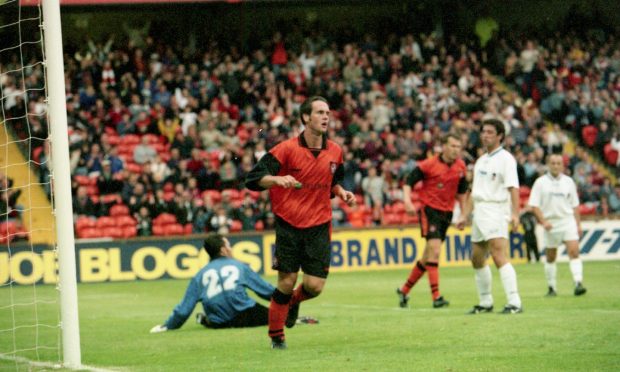
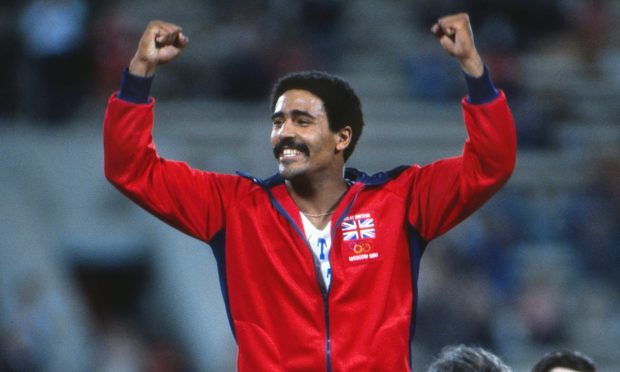
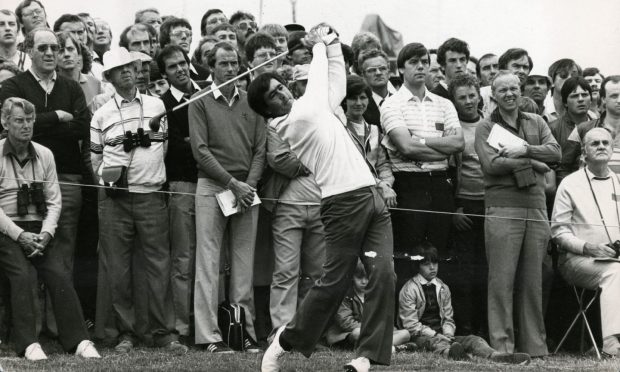
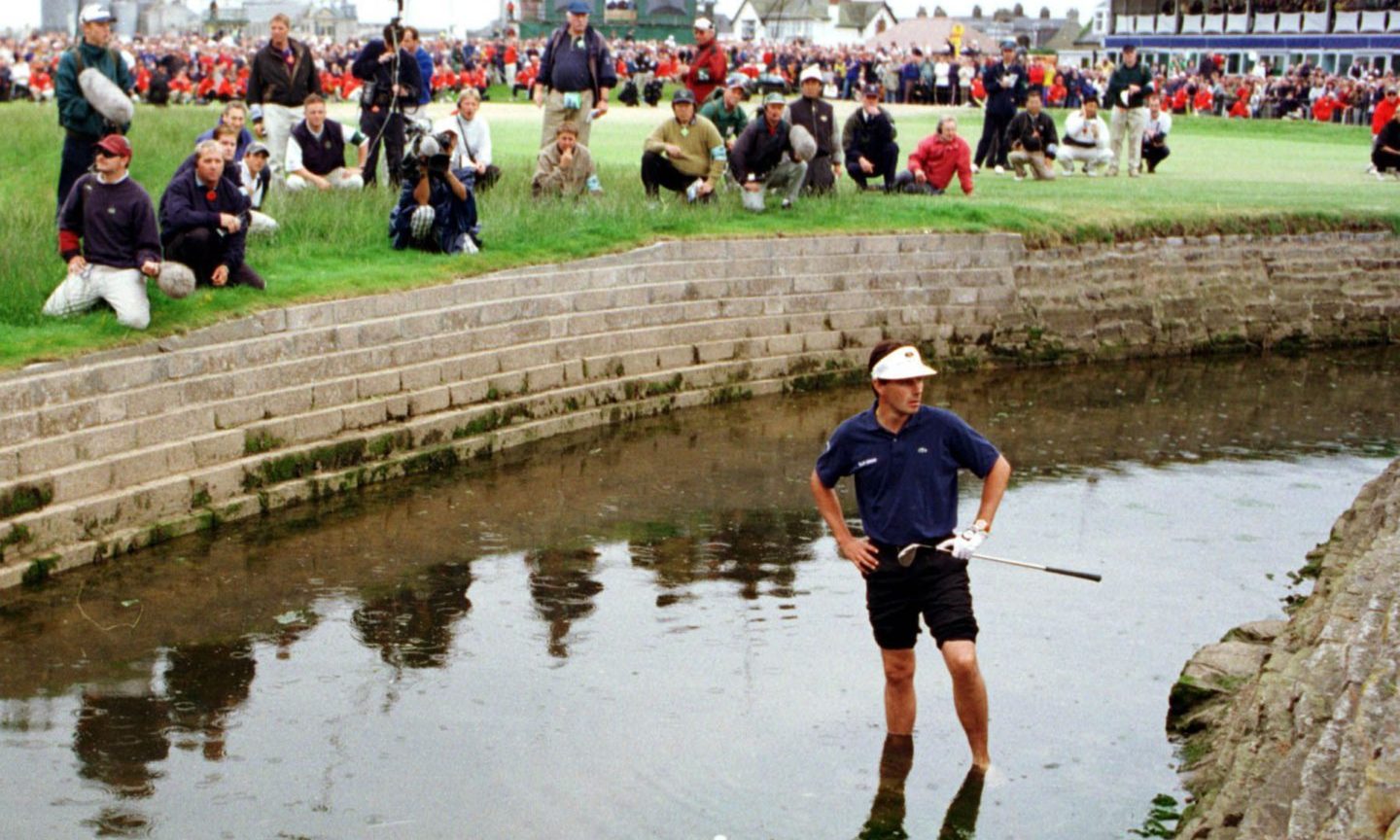
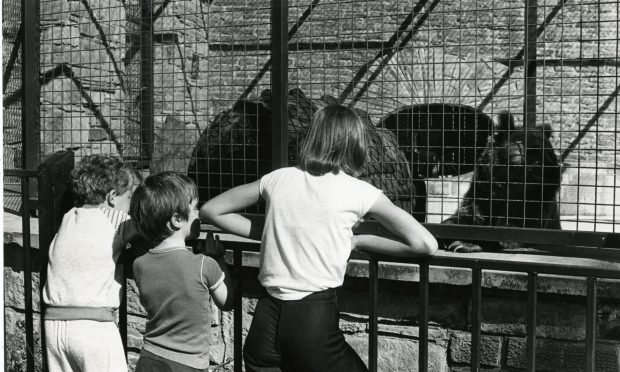
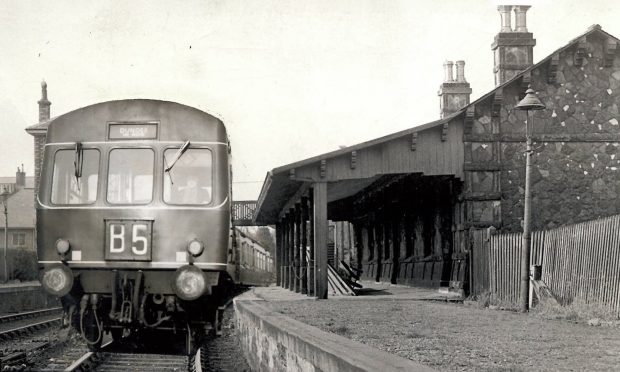
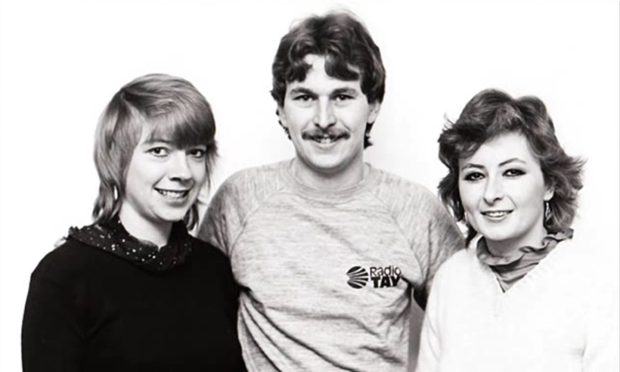
Conversation